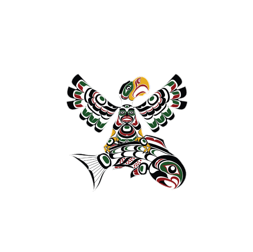Introduction
Milestones
Chapters
Chapters
Preamble
General Provisions
Lands & Water
Forests & Wildlife
Governance & Finance
Procedures
Questions
ITA Agreement
Reflections
Credits



